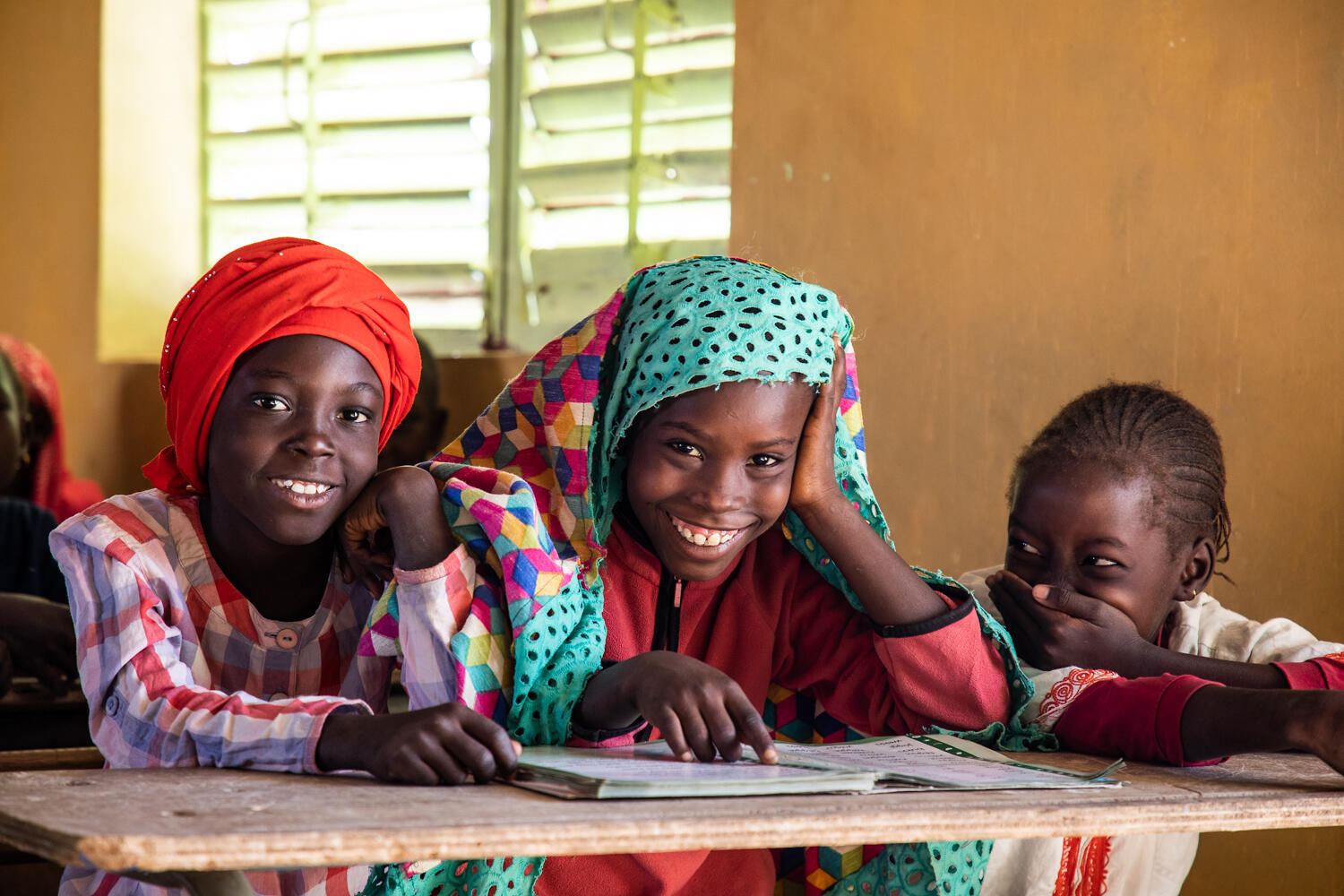Senegal
Iodizing salt at the source
Senegal is the largest salt producer in West Africa, harvesting almost half a million tons every year and distributing salt to many countries of sub-Saharan Africa. Small-scale producers, who work in areas such as Lake Retba and Fatick, are responsible for about one-third of production.
IGN focuses on improving iodization of salt from Senegal, and to further prevent non-iodized salt from Senegal reaching other West African countries. This means working closely with policymakers, salt producers, and other stakeholders to eliminate iodine deficiency disorders (IDD) in the region.
Strengthening the salt industry
Senegal adopted the Salt Iodization Strategy to Fight IDD in 1994, which led to a decree mandating USI in 2000. This policy-level advocacy initiative resulted in a significant increase in access to iodized salt.
Small-scale producers, who are responsible for about one-third of the country’s salt production, face challenges in sustaining the quality of iodized salt production.

UNICEF Senegal
Increasing access to iodized salt
In partnership with UNICEF and other organizations, IGN has also been implementing USI activities in specific regions of Senegal to increase the coverage of iodized salt. While these efforts have achieved a significant increase in the coverage of iodized salt, the proportion of adequately iodized salt is particularly low in salt-producing areas.
To address this issue, IGN’s program explores equitable and sustainable approaches to produce higher quality salt and ensure adequate iodization.



